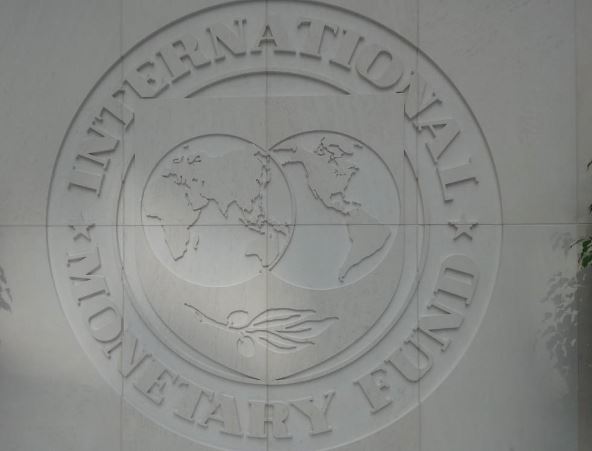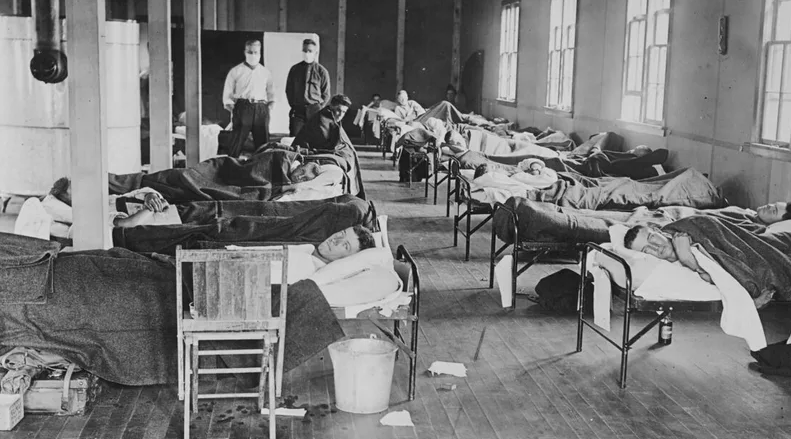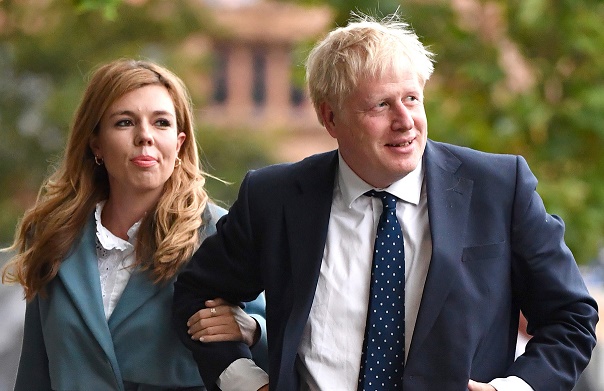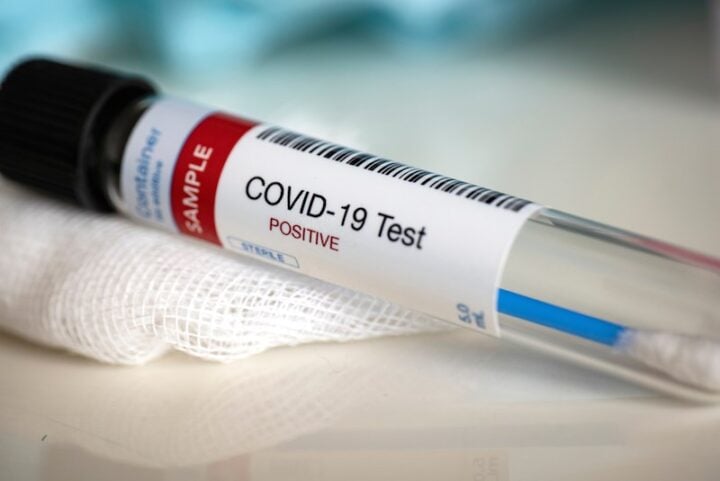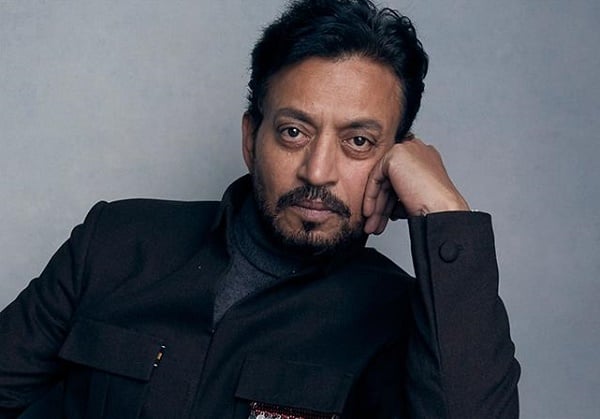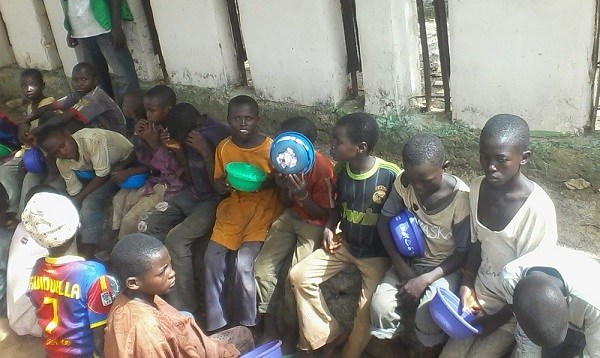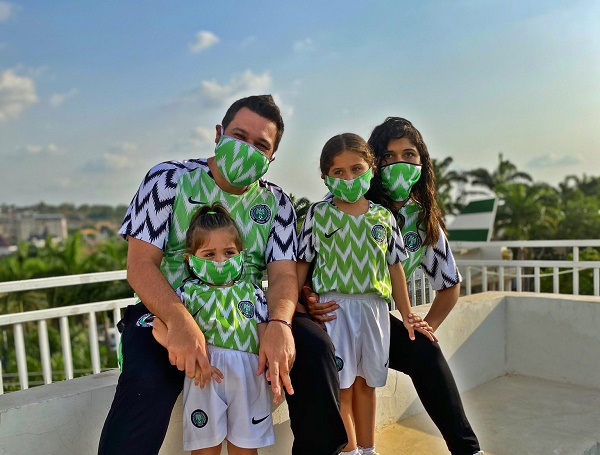The executive board of the International Monetary Fund (IMF), on Tuesday, approved Nigeria’s request for financial assistance to the tune of $3.4 billion.
The disbursement is the highest so far given to any African country during the COVID-19 pandemic.
TheCable has provided these questions to help you understand the grounds on which Nigeria got the facility from the IMF.
IS IT A LOAN?
Advertisement
It is not a loan in the typical sense but Nigeria still has to pay back with interest. Countries hold reserves with the IMF. These reserves are held in what we can technically call a currency called SDR (special drawing rights).
The value of an SDR is based on the value of certain international currencies including the dollar, euro, pound, Japanese yen and the Chinese renminbi.
The $3.4 billion Nigeria got represents SDR 2,454.5 million (100% of the quota Nigeria holds with the IMF).
Advertisement
So what Nigeria has done is to draw its reserves with the IMF.
You can read more about SDR HERE.
DOES IT COME WITH CONDITIONS LIKE FLOATING THE NAIRA?
No, the rapid financing instrument under which Nigeria drew its reserves is not subject fiscal or monetary reforms that would normally accompany full-fledged IMF loan.
Advertisement
“The RFI provides rapid and low-access financial assistance to member countries facing an urgent balance of payments need, without the need to have a full-fledged program in place,” an explanatory note published on the IMF website read.
“It can provide support to meet a broad range of urgent needs, including those arising from commodity price shocks, natural disasters, conflict and post-conflict situations, and emergencies resulting from fragility.
A balance of payment deficit refers to a situation where a country’s imports or dollar outflows is more than its exports or dollar earnings.
DOES NIGERIA HAVE TO PAYBACK?
Advertisement
As a member of the IMF, Nigeria has to hold reserves with the fund.
Nigeria has to build these reserves that it has drawn from within 3¼ to 5 years.
Advertisement
WILL THERE BE INTEREST ON REPAYMENT?
Nigeria has to pay a service charge, lending rate and an annual commitment fee.
Advertisement
These conditions are the same as those of IMF’s flexible credit line and the precautionary and liquidity line (PLL).
The higher a country draws a facility above its quota, the higher the margin it would pay.
Advertisement
The basic lending rate charge is 1%, the service charge is 0.5%.
DOES THE IMF HAVE A SAY IN ANY WAY?
The IMF may have to step to help countries who receive funding under the RFI to resolve balance of payments difficulties.
“Financial assistance under the RFI is provided in the form of outright purchases without the need for a full-fledged program or reviews,” the RFI explanatory page says.
“A member country requesting RFI assistance is required to cooperate with the IMF to make efforts to solve its balance of payments difficulties and to describe the general economic policies that it proposes to follow. Prior actions may be required where warranted.”
In the statement announcing the approval on Tuesday, the IMF said it “stands ready to provide policy advice and further support, as needed”.
It also urged the Nigerian government to publish and audit crisis-mitigating spending and procurement processes.
If the IMF sees the need to step in or give some terms, this clause gives them room to.
However, no conditions have been made public by the IMF or Nigerian authorities as at the time of filing this report.
WILL THIS SOLVE THE PROBLEM?
It does not totally solve the problem. Nigeria is still seeking $3.5 billion from the World Bank and the African Development Bank (AfDB).
Even the IMF says “additional assistance from development partners will be required to support the government’s efforts and close the large financing gap”.
Editor’s note: This story has been updated to correct an error of fact

